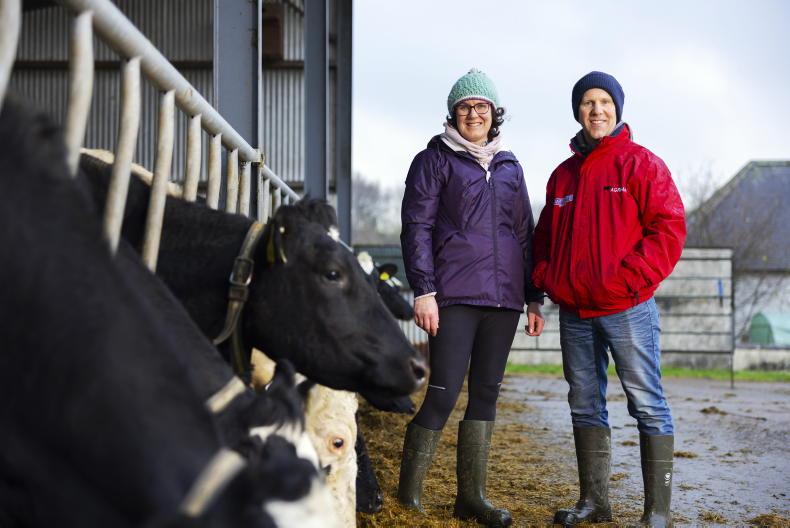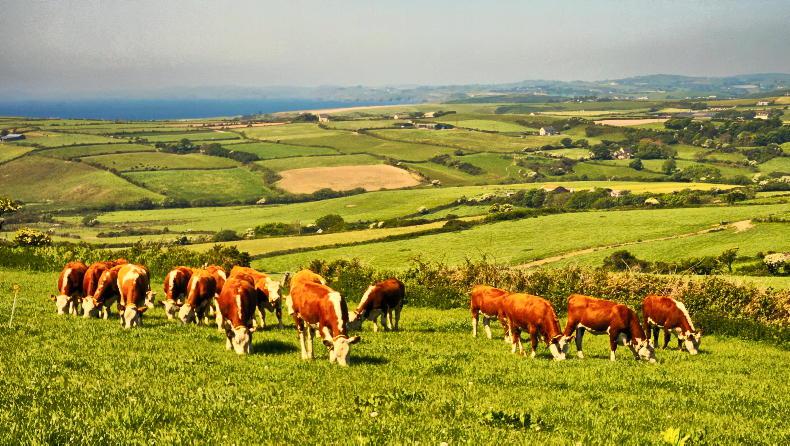The opportunity for Irish farmers to enter the sheep milking sector is huge, but supports are needed to allow the sector to grow at speed, the Oireachtas committee on agriculture have been told.
Director of Sheep Milk Ireland Brendan Crosse said that dairy sheep pose an opportunity for family farms to boost economic output and make the best use of marginal land in the comments he made to the committee on Wednesday.
Sheep dairying, he maintains, could use the reputation of the country’s existing dairy sector to tap into export markets and increase the viability of the sheep sector as a whole.
“The shorter milking season will suit farmers on poorer land,” Crosse stated.
“The increased output from the farm, compared to drystock, will allow some farms to reduce livestock numbers – producing more with less.”
In sheep dairying, lambs can suckle ewes for 30 days before ewes are milked for around six months.
The milk is 50% higher in solids than cow’s milk and has a higher in calcium content.
“It has a unique composition that results in it being suitable for many people, including those who suffer from cow-dairy intolerances.”
Supports
Crosse explained his rationale in calling for supports to back up farmers converting to milking sheep by citing the fact that globally the sheep milk industry is currently larger than the organic.
He advised the committee that conventional Irish dairying is nearing its production peak and that sheep milking could be a way for farmers to increase their margins on the returns generated by drystock farming.
“There is a significant opportunity for the Irish sheep sector to begin sheep milk production at scale,” said Crosse.
However, he added: “The support of the government is essential for maximum impact.”
The sheep dairy businessman called on the Food Vision Sheep Group to work with Teagasc, Bord Bia and other agri food sector stakeholders to carry out a feasibility study on the potential for sheep milk in Ireland.
In getting the industry up and going, the “first million litres are the most challenging”, he said.










SHARING OPTIONS